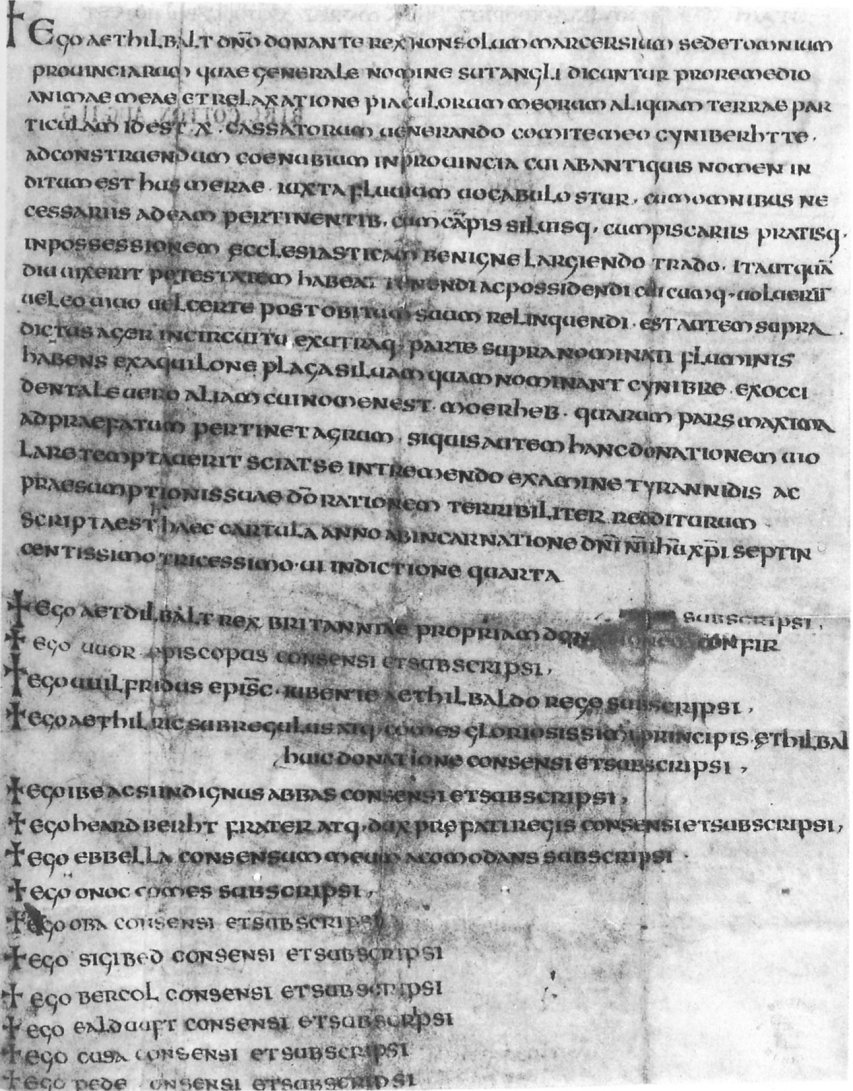|
Folkland (other)
Folkland may refer to: * Folkland (Swedish provinces), the original Swedish provinces of Tiundaland, Attundaland, Fjärdhundraland, and Roden (Roslagen) which in 1296 united to form the modern province of Uppland * A type of land tenure under Anglo-Saxon law: see bookland (law) Bookland ( ang, bocland) was a type of land tenure under Anglo-Saxon law and referred to land that was vested by a charter. Land held without a charter was known as ''folkland'' ( ang, folcland). The distinction in meaning between these terms is ... See also * Falkland (other) * Falklands {{Disambiguation ... [...More Info...] [...Related Items...] OR: [Wikipedia] [Google] [Baidu] |
Folkland (Swedish Provinces)
The Folklands (Folklanden) is the name for the original Sweden, Swedish provinces of Tiundaland, Attundaland, Fjärdhundraland, and Roden (Roslagen) which in the 1296 united to form the province of Uppland. They were originally united by electing a common king who administered the sacrifices at Gamla Uppsala, Uppsala and who was the commander of the leidang during wars. It is not known when they united for the first time, but already in 98 AD, Tacitus described the Suiones as a powerful tribe. Modern usage The term ''Folkland'', in the transferred sense of originally independent subprovinces, has by modern historians also been used to refer to the similar traditional provinces of the areas which later became the unified provinces of Hälsingland and Småland. See also *Petty kingdom *Stone of Mora Medieval Sweden {{Sweden-geo-stub ... [...More Info...] [...Related Items...] OR: [Wikipedia] [Google] [Baidu] |
Bookland (law)
Bookland ( ang, bocland) was a type of land tenure under Anglo-Saxon law and referred to land that was vested by a charter. Land held without a charter was known as ''folkland'' ( ang, folcland). The distinction in meaning between these terms is a consequence of Anglo-Saxon land law. The concept of bookland arose in the seventh century and referred to land that could be 'alienated' (i.e., disposed of) at will. It evolved to resemble ownership in the modern sense. Folkland was land held under ancient, unwritten folk-law or custom and by that custom it could not be alienated (i.e., removed) from the kin of the holder, except under special circumstances. No such claim by the kin could be made on bookland. The definition of those ancient folk-laws and customs, and the definition of the word ''folkland'', has long been the subject of controversy. The model suggested by the historian Patrick Wormald, given in the definition above, allows for the graceful sidestepping of that controver ... [...More Info...] [...Related Items...] OR: [Wikipedia] [Google] [Baidu] |
Falkland (other)
Falkland may refer to: * Falkland, British Columbia, a community in Canada * Falkland, Nova Scotia, a community in Canada * Falkland Islands, an archipelago in the south Atlantic Ocean * Falkland, Fife, a former burgh in Fife, Scotland ** Falkland Palace, royal residence of the Kings of Scots in Falkland, Fife, Scotland ** Viscount Falkland, a Scottish peerage title, named after Falkland, Fife, Scotland * Falkland, North Carolina, a town in the United States * Falkland (Redd Shop, Virginia), U.S., a historic plantation house See also * Falkland Ridge, Nova Scotia, a community in Canada * Falkland Sound, a strait separating West Falkland and East Falkland * South Falkland, an English colony on Newfoundland * * * Folkland (other) * Malvinas (other) * Malvina (other) Malvina is a feminine given name derived from the Gaelic, invented by the Scottish poet James Macpherson. Malvina may also refer to: * Malvina, Mississippi * ''Malvina'', an opera by Nic ... [...More Info...] [...Related Items...] OR: [Wikipedia] [Google] [Baidu] |
